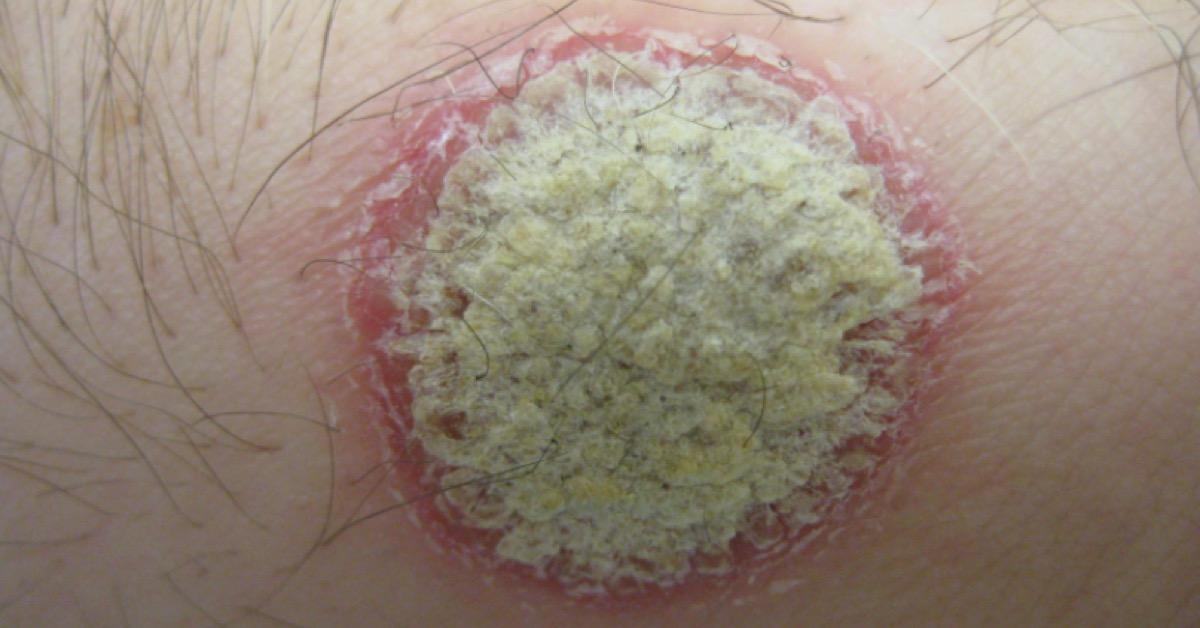Cancer, in all its forms, is a devastating illness. In 2016, the United States government estimated 1,685,210 Americans would be diagnosed with it. Some types of cancer do not present any obvious symptoms, but there are other signs you can watch out for. Here are eight bodily changes that you shouldn’t ignore. The sooner the illness is detected, the better the chances of successful treatment.
1. Frequent wounds and lesions
Having frequent wounds and lesions can be an indication of several types of cancer, including skin, mouth or genital cancer. On top of this, some skin conditions can lead to specific cancers. People suffering from psoriasis are more likely to develop a rare form of cancer than the rest of the population.
2. Your stools look different, urinating causes a burning sensation
If you often have diarrhea or digestive problems, it can be an indication of colon cancer. If urinating is painful, with a burning feeling, this could be a sign of prostate or bladder cancer.
3. Moles or freckles change in appearance
This should be taken very seriously. Moles that change shape, getting wider or thicker, and that are also painful, are a warning sign that should never be ignored. You should immediately go to a dermatologist to have your mole removed, and watch closely for any infections.
4. You notice any unusual bleeding
If any blood appears in your urine or stools, or when you cough, see a doctor as soon as possible.
5. You suffer from stomach pain or dysphagia
Digestive problems can be relatively minor, but not if they are accompanied by stomach pain and dysphagia – difficulty swallowing. When that happens, it can be a sign of gastrointestinal cancer.
6. You find a lump
If you notice a lump in your breast, it could be cancer, particularly if you develop other symptoms, such as red skin or wet nipples. After the age of 50, all women should have regular clinical screening every one to two years. In-between times, it doesn’t hurt to regularly check yourself for lumps either.
7. Your ganglions become swollen
Ganglions are clusters of nerve cells. When they swell up, it is usually part of an organism’s defense reaction against disease. If this is coupled with a persisting and irritating cough, it would be wise to get it checked out, as it could be an indicator of lung, respiratory system or throat cancer.
8. Chronic fatigue, fainting fits and weight loss
Keep an eye on the state of your health overall – it could help identify a weakening of your immune system. If you feel exhausted for no particular reason, are feeling faint regularly, or if you lose weight without changing your diet, you should visit your doctor. These are not necessarily signs of cancer, but it’s always a good idea to monitor your general wellbeing. Forewarned is forearmed and prevention is better than cure!
Keeping an eye on your body is essential for taking care of yourself, and for identifying any potential cancer as early as possible. Don’t forget to have regular health checkups, and talk to your doctor if you have any doubt regarding worrying new symptoms.
